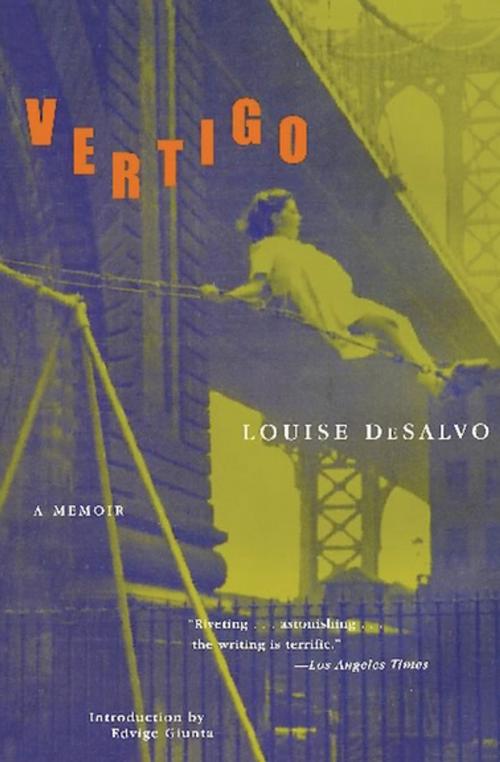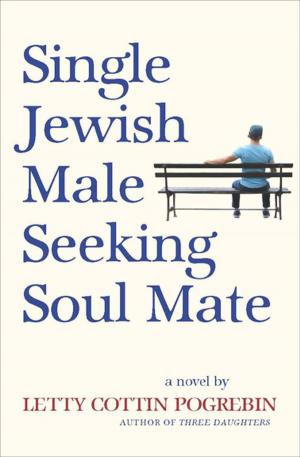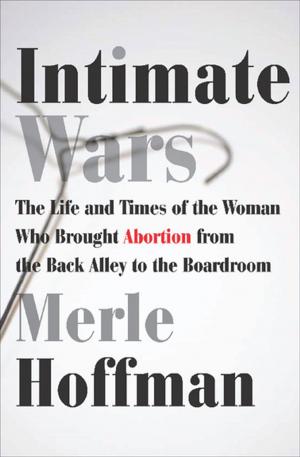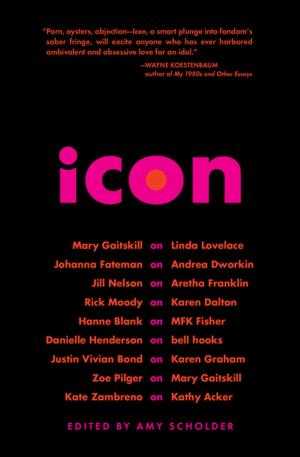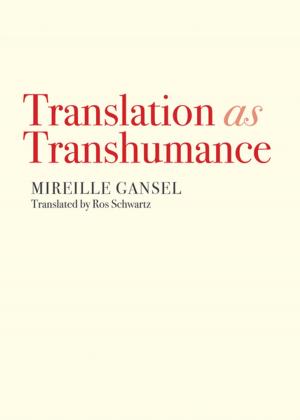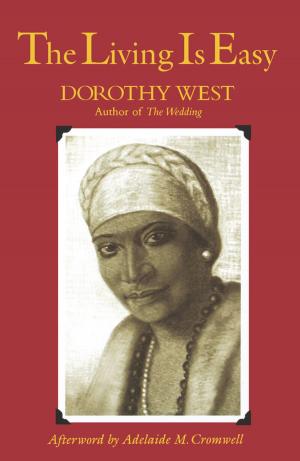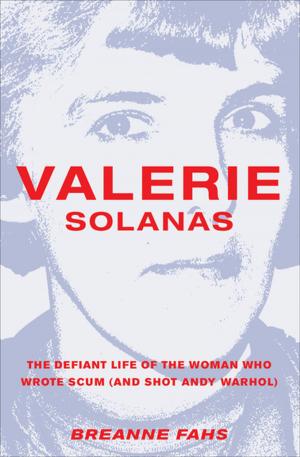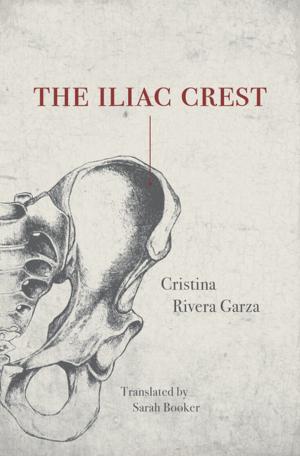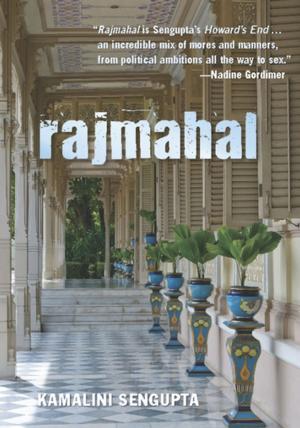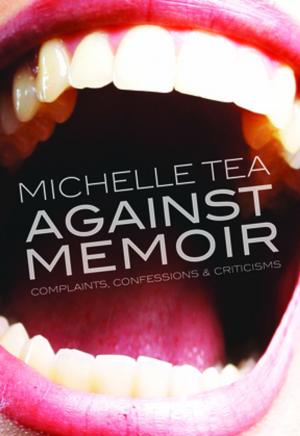Vertigo
A Memoir
Nonfiction, Social & Cultural Studies, Social Science, Gender Studies, Women&, Biography & Memoir| Author: | Louise DeSalvo | ISBN: | 9781558617773 |
| Publisher: | The Feminist Press at CUNY | Publication: | August 1, 2002 |
| Imprint: | The Feminist Press at CUNY | Language: | English |
| Author: | Louise DeSalvo |
| ISBN: | 9781558617773 |
| Publisher: | The Feminist Press at CUNY |
| Publication: | August 1, 2002 |
| Imprint: | The Feminist Press at CUNY |
| Language: | English |
A scholar’s memoir of growing up and the powerful forces that shaped her as a woman and a writer; “her story will inspire all women” (Library Journal).
In this honest and outspoken reflection on her childhood, Louise DeSalvo explores the many ways literature saved her, both emotionally and practically. Born to Italian immigrants during World War II, DeSalvo takes readers back to the emotional chaos of her 1950s girlhood in New Jersey, growing up with her authoritative, distant father, her depressed mother, and a sister who later committed suicide. Reading and research were an anchor to her then, and widened her choices about her future in ways that weren’t otherwise available to girls of that era.
A Virginia Woolf scholar, DeSalvo wrote a ground-breaking study on the impact of childhood sexual abuse on the reclusive writer. Here, she mines her own early days—and her adolescent obsession with Hitchcock’s Vertigo—in an attempt to give her own life’s path “some shape, some order.”
Publisher’s Weekly said, “Her clarity of insight and expression make this [memoir] an impressive achievement,” and the San Francisco Chronicle proclaimed, “DeSalvo has one of the most refreshing feminist voices around.”
A scholar’s memoir of growing up and the powerful forces that shaped her as a woman and a writer; “her story will inspire all women” (Library Journal).
In this honest and outspoken reflection on her childhood, Louise DeSalvo explores the many ways literature saved her, both emotionally and practically. Born to Italian immigrants during World War II, DeSalvo takes readers back to the emotional chaos of her 1950s girlhood in New Jersey, growing up with her authoritative, distant father, her depressed mother, and a sister who later committed suicide. Reading and research were an anchor to her then, and widened her choices about her future in ways that weren’t otherwise available to girls of that era.
A Virginia Woolf scholar, DeSalvo wrote a ground-breaking study on the impact of childhood sexual abuse on the reclusive writer. Here, she mines her own early days—and her adolescent obsession with Hitchcock’s Vertigo—in an attempt to give her own life’s path “some shape, some order.”
Publisher’s Weekly said, “Her clarity of insight and expression make this [memoir] an impressive achievement,” and the San Francisco Chronicle proclaimed, “DeSalvo has one of the most refreshing feminist voices around.”
